Biotechnology of Orchids
Biotechnology of Orchids attempts to assimilate all the necessary information regarding orchids and plant biotechnology. About 650 research papers and books have been referred to and cited in the book and the protocols developed for more than 260 orchid cultivars are reviewed. History, uniqueness, habit, habitat, orchid seeds and their germination, distribution, evolutionary status, hybridization, registration of hybrids, taxonomy, methods of cultivation and orchid-mycorrhizal association are discussed to the extent necessary for a scientist. The status of world floriculture industry and India's position is also explained. The next focus of the book is on plant biotechnology. History, prospects, potential and techniques are discussed in detail. Since the present trend in plant biotechnology is to produce genetically modified plants by trangenesis, importance has been give to the techniques related to this process. Methods of transgenesis, transgenic crops, and the related controversies are treated in separate chapters. Different methods by which foreign genes can be introduced into an organism are described with specific examples. These techniques are discussed for plant systems in general and also for orchids in particular. Protoplast isolation, fusion and culture techniques are also reviewed for plants in general and orchids with specific examples. A chapter dedicated to cytological techniques has also been introduced, which also includes the methods for the preparation of different types of stains used in cytology. Tissue culture technique forms the backbone of biotechnology and hence various steps of the technique are described in detail for orchids which of course is not much different for other plants. The last section carries protocols for the micropropagation of four different orchid hybrids and also includes original results obtained during morphogenetic studies carried out by the author. The book will meet the needs of students, researchers, trainees, professional scientists, and research scholars as well as the orchid lovers and floriculture.
Get it now and save 10%
BECOME A MEMBER

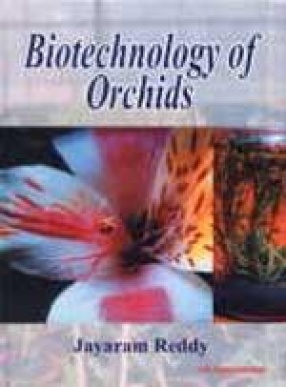
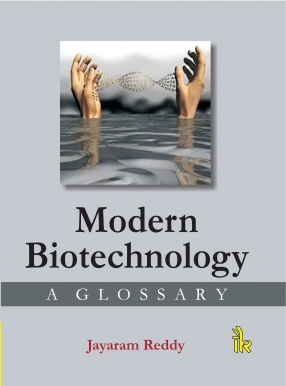
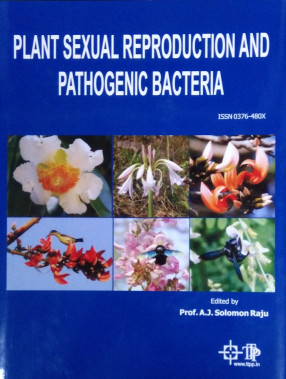
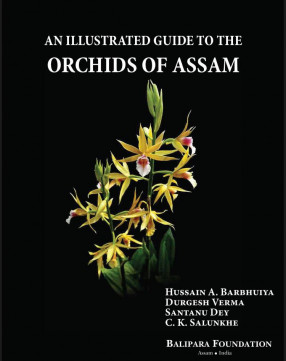
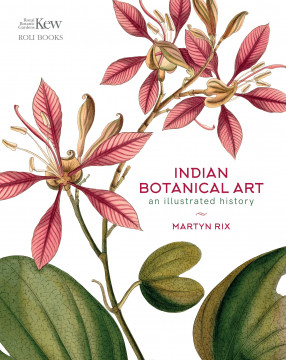
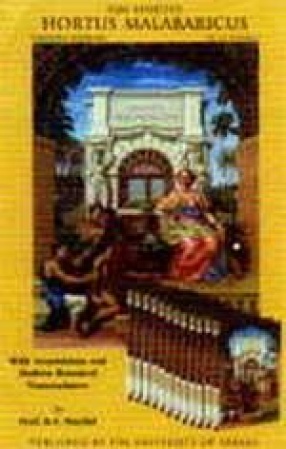

Bibliographic information
Tags